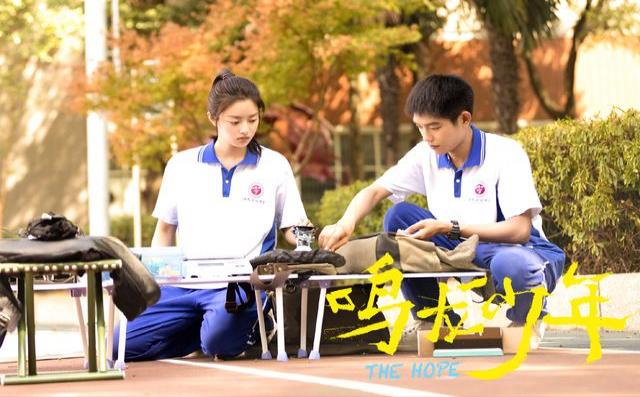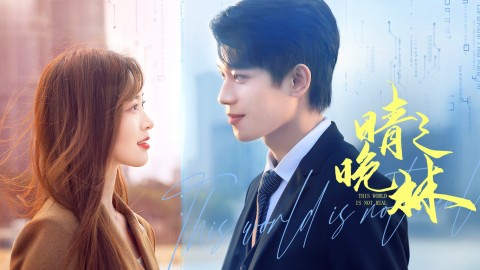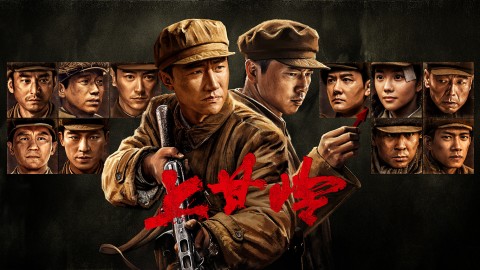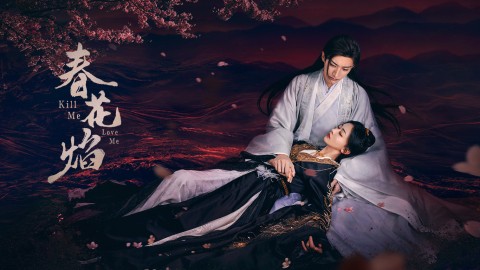The Hope: A Compelling Drama That Inspires the Quest for Exceptional Teachers
I was recommended by a colleague to watch Zhang Ruo Yun's "The Hope." Her endorsement, along with a comment I saw in the barrage of bullet screen comments, which said, "If I had a teacher like this in my senior year, I could have also entered Tsinghua University or Peking University." Everyone watching the drama was filled with passion and even wished they could turn back time to their own senior year. Rather than complaining about not encountering good teachers, in reality, we were all just ordinary NPCs in this world.
What makes a good teacher? Lei Ming, portrayed by Zhang Ruo Yun in the series, is such a teacher. He goes to great lengths to form his Class 11 in the senior year. He runs tirelessly for the sake of a few students, conducting both open and covert investigations, all to convince the students to believe in his obsession with having them all pass the "Qingbei" entrance exam. Why do I say this? Convincing a student to study diligently requires not only persuading the student himself but also persuading their parents.
Take Li Ran, the boy, and Cheng Yu Shan, the girl, as examples. They both have their own challenges stemming from different family backgrounds. As adults, they cannot clearly explain why everyone says the college entrance exam is a significant turning point in life and why they cannot choose a different path. In fact, compared to many ordinary students who feel lost during their youth, Li Ran and Cheng Yu Shan have always had clear directions in life. One is determined to earn money even if it means not going to school later on but still living a fulfilling life.
Cheng Yu Shan, beautiful and intelligent, has left her family behind and is not easily manipulated, even without the vulnerability of having a mother. From the moment she first met a man at a coffee shop, even though she was deceived by him, she could find the loopholes in his deceitful words. They are not mediocre students but "potential students" in the eyes of a good teacher.
They have the ability to create a bright future in their studies but simply disdain putting in the effort.

On the other hand, for ordinary people like us, if there really were a teacher like that in public, claiming to be able to help us pass the Qingbei entrance exam within a year, not only would he not need to pass the test with my parents, but I would rush to his class, even if it meant squeezing my way in.
Therefore, the gap between reality and idealism is always present. Different people in different fields are merely individuals who receive salaries to fulfill their corresponding social values, rather than individuals who genuinely strive for inclusiveness. This drama resonates with people not because it showcases the success of geniuses through effortless means, but because each of us harbors a dream of being a hero. It satisfies our desire to experience the success of geniuses from a god-like perspective.
We may not have succeeded, and we may not possess the same innate talent for learning as geniuses do, but that does not hinder us from dreaming. In reality, we often turn around and complain about the education of the next generation, as countless parents become infuriated while tutoring their children's homework. Ultimately, the inspiration in "The Hope" lies solely in the story of gifted individuals who achieve remarkable success, which has no direct relevance to ordinary children like us.
END.


